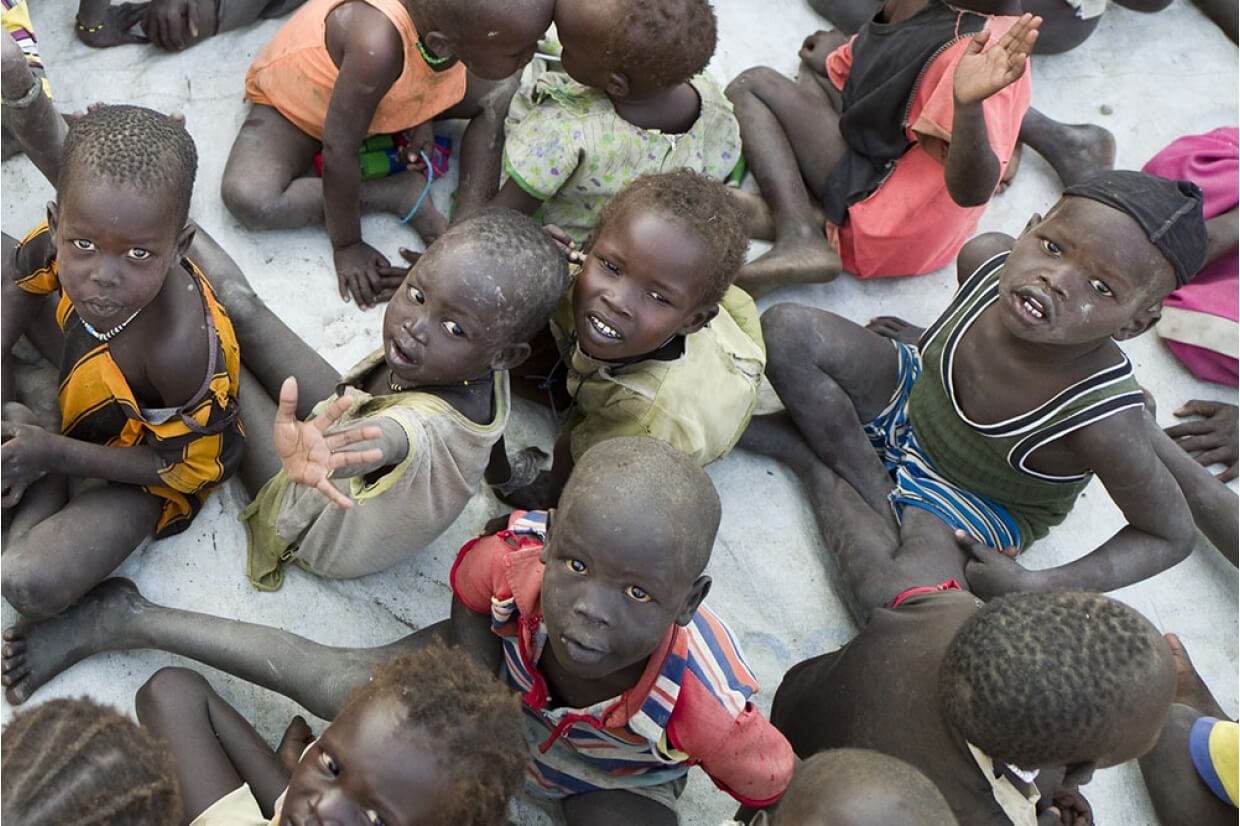- About
- Topics
- Story
- Magazine
- In-Depth
- Picks
- Opinion
- News
- Donate
- Signup for our newsletterOur Editors' Best PicksSend
Read, Debate: Engage.
| topic: | Peace and Reconciliation |
|---|---|
| located: | Mali |
| editor: | Bob Koigi |
Mali is at the edge of a precipice. Having experienced incessant conflicts and an infiltration by Jihadi groups, the country’s citizens are paying the ultimate price: the peace that the country has enjoyed in the recent past is now threatened by a political standoff pitting the transitional government, under the hand of the military, against its neighbours and the international community.
The recent tensions were first experienced in 2020, when the military overthrew a democratically elected government. But under pressure and threats of sanctions, the military promised to conduct elections and restore civil rule by early 2022. In December of last year, the military, under the command of Assimi Goita, announced that it would be in power for an extra five years as it did not consider it feasible to conduct elections in 2022. It is this latest statement that has sparked an avalanche of reactions and tough stands that now threaten the stability, peace and well-being of the Mali people.
The Economic Community of West African States (ECOWAS), a 15 member West African bloc, recently issued a raft of sanctions, including the closure of land and air borders, the suspension of all financial engagements with Mali and the freezing of state assets held in ECOWAS commercial and central banks. Some regional and international airlines have also suspended flights to Mali. Western countries, including France and USA, have supported the ECOWAS diplomatic and economic sanctions.
While opinions are sharply divided on the steps regional peers and the international community should take to ensure that the constitution and the legitimate wishes of the people of Mali are respected, there needs to be caution and sobriety in amicably dealing with the Mali situation. As Jihadi groups make inroads in the West African country and conflict persists, the possibility of spillovers in the volatile Sahel region are imminent: this would ultimately affect the larger Sub-Saharan Africa.
While the people of Mali have a right to a democratically elected government, a lasting solution also calls for dialogue and intervention from other African leaders, especially from the African Union.
Photo by Sergey Pesterev

